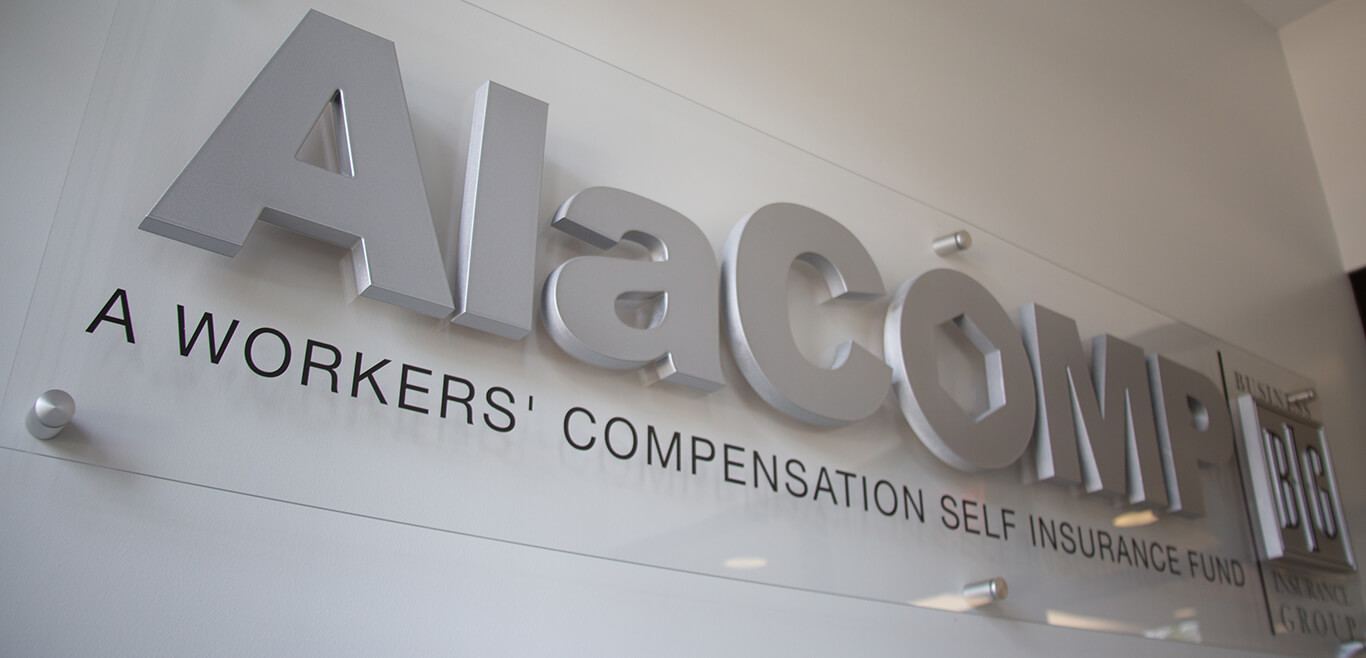|
Cutting and dicing foods are a daily occurrence for most restaurants. Items such as knives, slicers and grinders can be the culprits for a number of the injuries in a restaurant. Broken dishes and glasses are very common to cause injuries as well. There are a few measures that can be taken to help in avoiding these types of injuries:
- Cut Resistant Gloves
- Sharpening the equipment to improve performance and cut down employee fatigue
- Training for proper cutting techniques (cut away from body)
- Safety guards for slicers and mixers
- Throw away all broken dishes and glasses immediately
Working in a fast-paced restaurant, the risk of burns and scalds are increased. Most of these come from the spilling or splashing of hot liquids and contact with grills, stoves and ovens. Nearly 13% of kitchen related injuries are related to burns. Here are some tips to help avoid these types of injuries:
- Turn off the stove when not in use.
- Keep handles of pots and pans away from the body.
- Clean ventilation hoods and filters.
- If possible, automate handling of risky substances.
- Conduct proper employee training.
- Only allow properly trained employees to utilizes fryers, pressure cookers, ovens and cooktops.
Most sprains and strains in restaurants come from lifting, reaching, bending or slipping. Storage and movement of large amounts of oil and cooking ingredients are a requirement in most kitchens. Below are some precautions that can be taken to help reduce these type injuries:
- Keep the floor clean and free of debris.
- Store heavy items at chest height for ease of moving or picking up.
- When lifting heavy items, lift with two or more people.
- If necessary, make multiple trips when carrying items.
- Be sure to provide proper manual lifting training.
Grease, oils and foods can easily make their way to the floor in a kitchen setting, making slips and falls very easy to happen. Liquids of all forms are dangerous on an already slippery floor. A few actions can be taken to help ensure slips and falls are avoided:
- Wear non-slip shoes.
- Provide non-slip pads where necessary.
- Regularly clean floors throughout the day.
Don't forget to visit the AlaCOMP Online Safety Library for more resources on Restaurant Safety Tips. For additional questions or help please contact the Loss Control Department.
|

